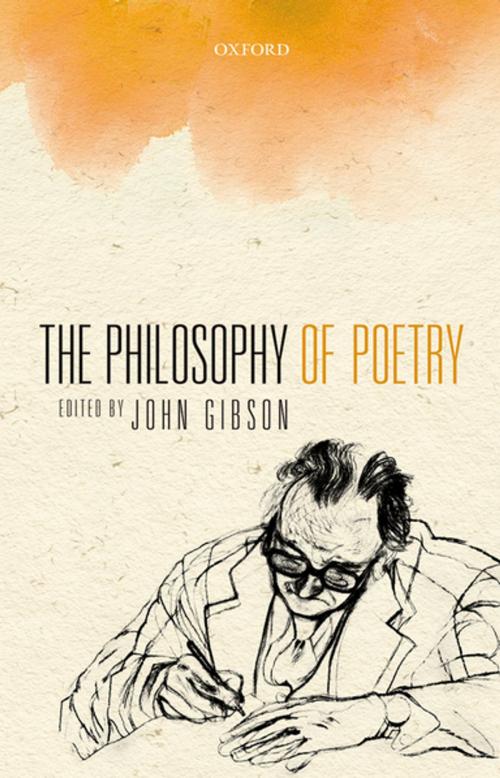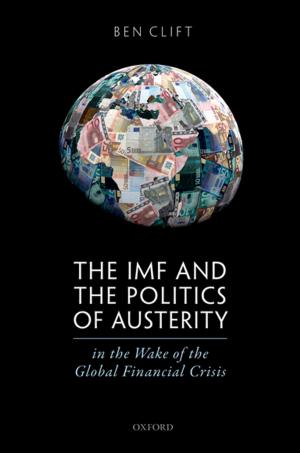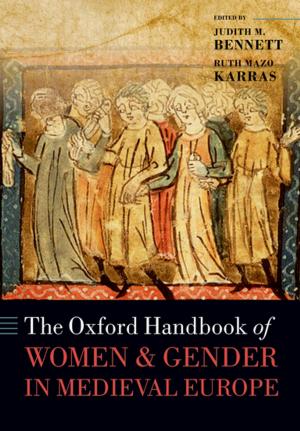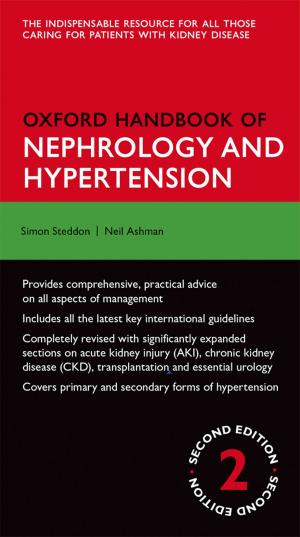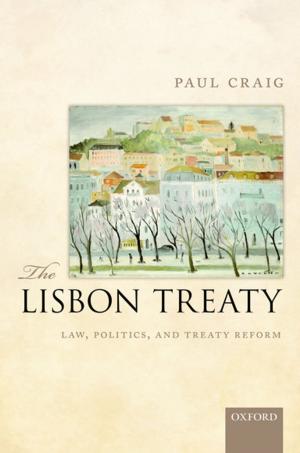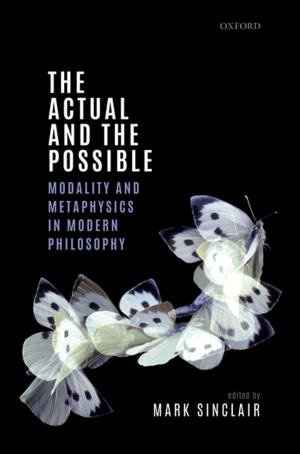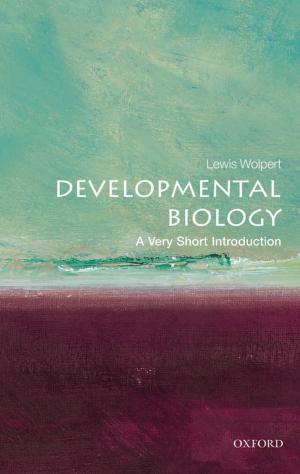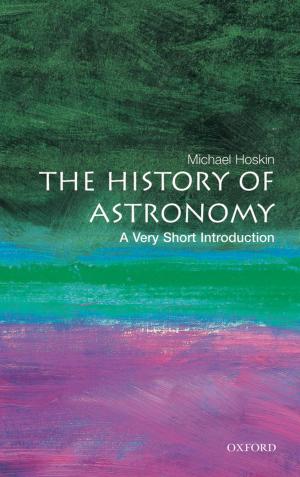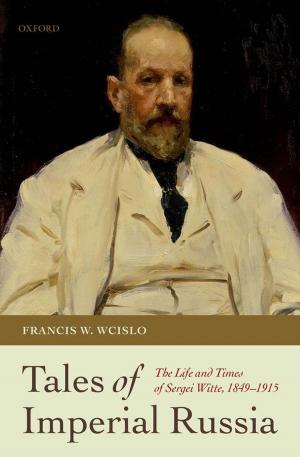The Philosophy of Poetry
Nonfiction, Religion & Spirituality, Philosophy, Aesthetics, Reference & Language, Language Arts| Author: | ISBN: | 9780191054266 | |
| Publisher: | OUP Oxford | Publication: | May 14, 2015 |
| Imprint: | OUP Oxford | Language: | English |
| Author: | |
| ISBN: | 9780191054266 |
| Publisher: | OUP Oxford |
| Publication: | May 14, 2015 |
| Imprint: | OUP Oxford |
| Language: | English |
In recent years philosophers have produced important books on nearly all the major arts: the novel and painting, music and theatre, dance and architecture, conceptual art and even gardening. Poetry is the sole exception. This is an astonishing omission, one this collection of original essays will correct. If contemporary philosophy still regards metaphors such as 'Juliet is the sun' as a serious problem, one has an acute sense of how prepared it is to make philosophical and aesthetic sense of poems such W. B. Yeats's 'The Second Coming', Sylvia Plath's 'Daddy', or Paul Celan's 'Todesfuge'. The Philosophy of Poetry brings together philosophers of art, language, and mind to expose and address the array of problems poetry raises for philosophy. In doing so it lays the foundation for a proper philosophy of poetry, setting out the various puzzles and paradoxes that future work in the field will have to address. Given its breadth of approach, the volume is relevant not only to aesthetics but to all areas of philosophy concerned with meaning, truth, and the communicative and expressive powers of language more generally. Poetry is the last unexplored frontier in contemporary analytic aesthetics, and this volume offers a powerful demonstration of how central poetry should be to philosophy.
In recent years philosophers have produced important books on nearly all the major arts: the novel and painting, music and theatre, dance and architecture, conceptual art and even gardening. Poetry is the sole exception. This is an astonishing omission, one this collection of original essays will correct. If contemporary philosophy still regards metaphors such as 'Juliet is the sun' as a serious problem, one has an acute sense of how prepared it is to make philosophical and aesthetic sense of poems such W. B. Yeats's 'The Second Coming', Sylvia Plath's 'Daddy', or Paul Celan's 'Todesfuge'. The Philosophy of Poetry brings together philosophers of art, language, and mind to expose and address the array of problems poetry raises for philosophy. In doing so it lays the foundation for a proper philosophy of poetry, setting out the various puzzles and paradoxes that future work in the field will have to address. Given its breadth of approach, the volume is relevant not only to aesthetics but to all areas of philosophy concerned with meaning, truth, and the communicative and expressive powers of language more generally. Poetry is the last unexplored frontier in contemporary analytic aesthetics, and this volume offers a powerful demonstration of how central poetry should be to philosophy.
